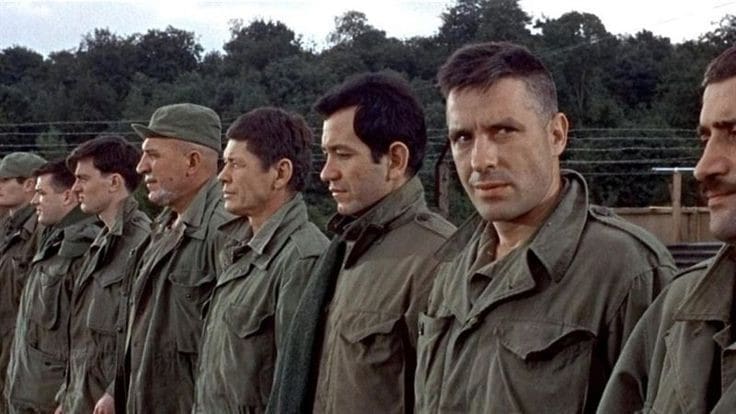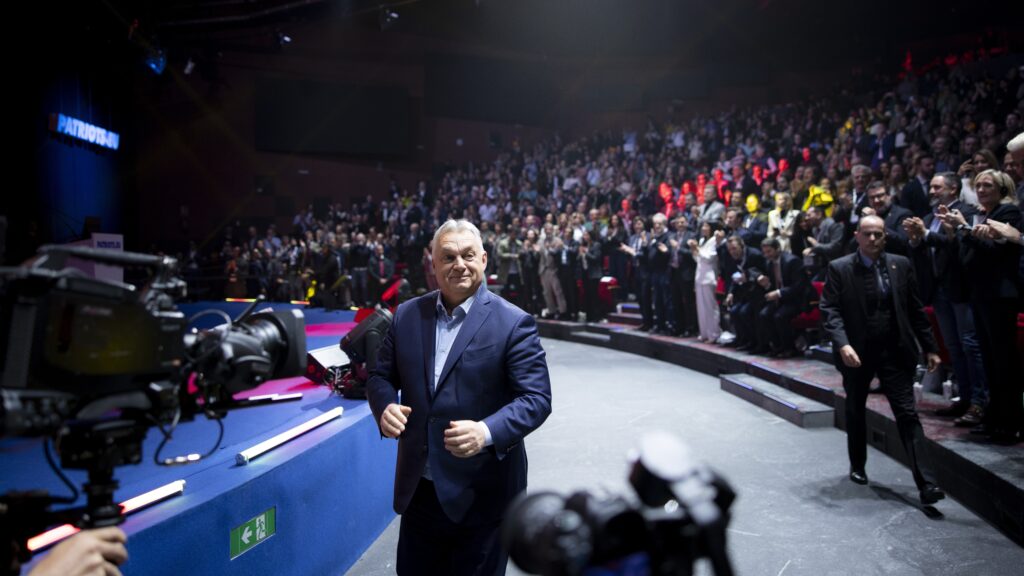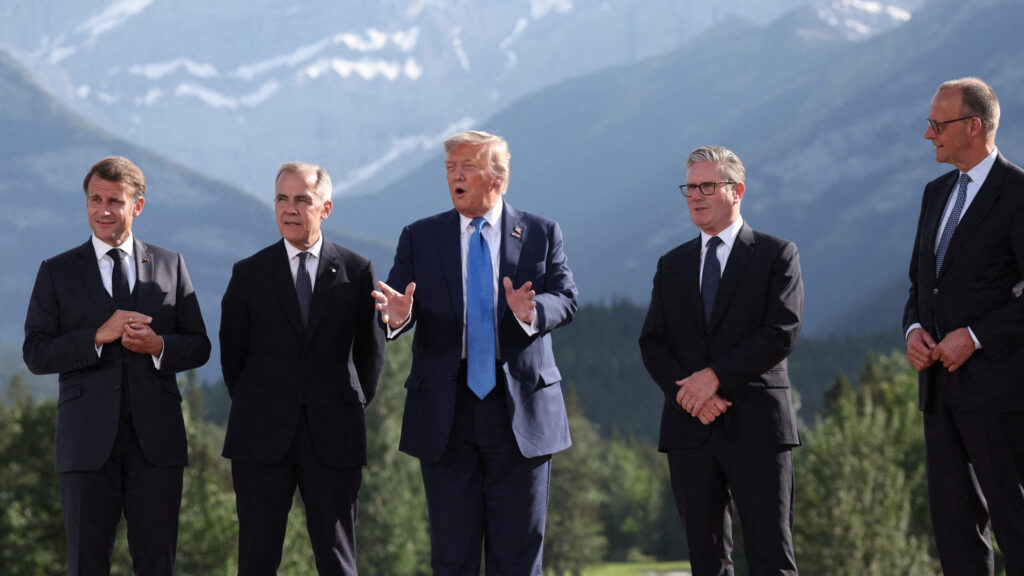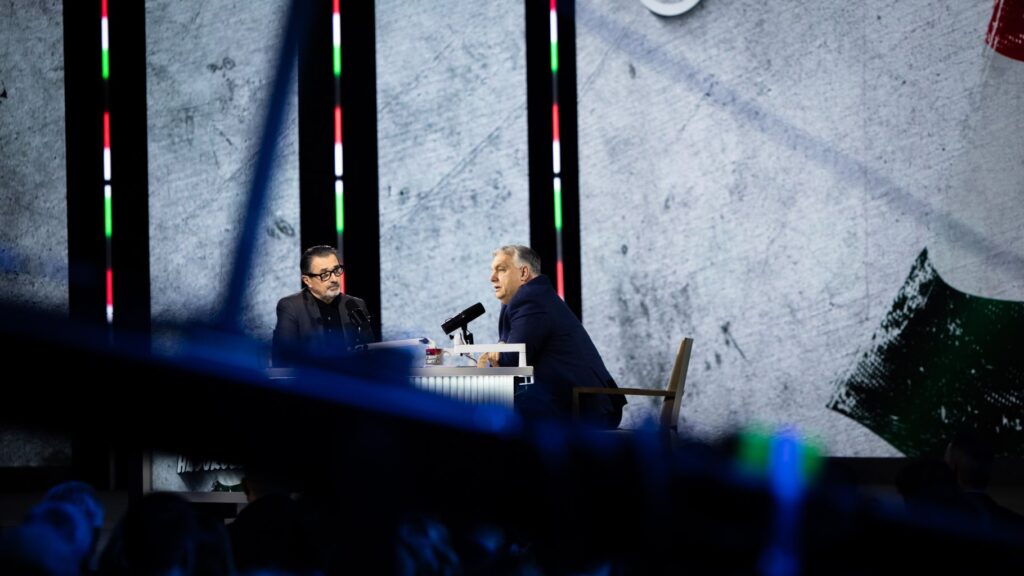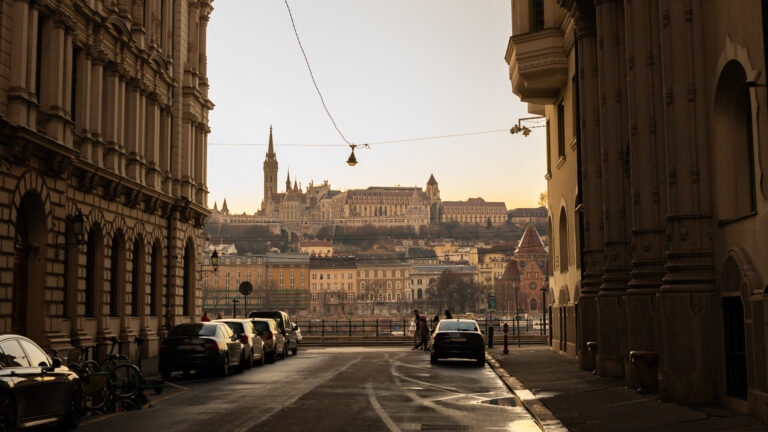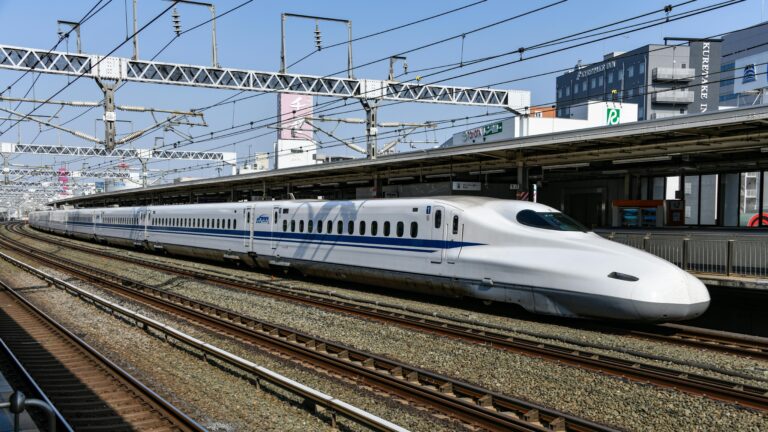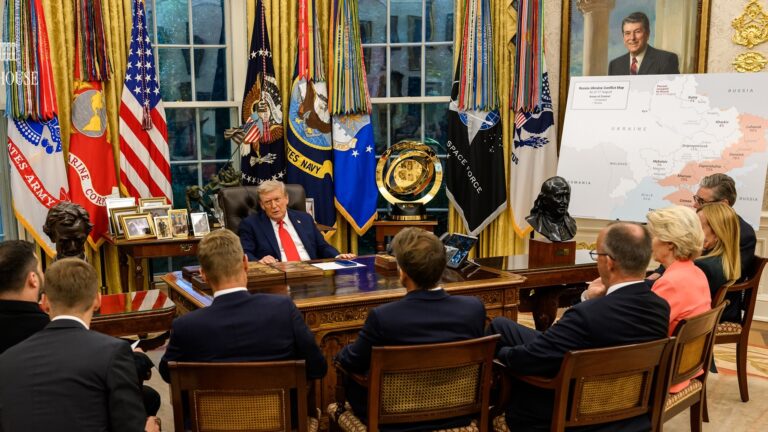Earlier this week, Brussels-based POLITICO decided to divide the leaders participating in the World Economic Forum into two groups: the ‘do-gooders’ and the ‘dirty dozen’; unsurprisingly, President Katalin Novák, who represents Hungary at the Davos meeting, was listed among the ‘bad guys’—alongside Slovakian Prime Minister Robert Fico and Polish President Andrzej Duda.
Although the two lists do not provide readers with useful information about the participants of the Davos forum, they do give an insight into how the paper, which is considered the European elite’s mouthpiece, usually frames those EU member states—and their representatives—that do not give up national interests or the use of common sense in the ongoing ideological battles.
In general, media science treats it as an axiom that journalists make conscious or unconscious framing judgments in deciding what and how to say, guided by frames that organize their belief systems—thereby steering the readers’ interpretation framework in the desired direction. One of the most prominent masters of this exercise is POLITICO, considered the European elite’s mouthpiece and, thus, one of the most influential news portals in the European Union.
Reflecting on the World Economic Forum’s annual meeting, the left-leaning news portal decided to make an explicit statement about their perceived—and desired—reality by creating a ranking of the ‘do-gooders’ and the ‘dirty dozen’ of the world leaders gathered in Davos—and, of course, a Hungarian politician just had to be included in the selection.
Apart from the Hungarian, Polish and Slovak leaders,
no other European politician was included in POLITICO ‘s ‘dirty dozen’ list.
The framework is, therefore, familiar, since Poland and Hungary have been framed as the ‘bad guys’ of the European Union for a long time now, at least by left-liberal mouthpieces such as the Brussels-based news portal, which typically supports political agendas, viewpoints, and ideologies opposed to Hungarian and Polish interests, and has published innumerable articles lamenting the ‘misbehaviour’ of Budapest and Warsaw.
Robert Fico, who recently returned to office and is considered an old ally of Hungarian Prime Minister Viktor Orbán, has also earned a place on the ‘dirty dozen’ list. As Hungarian Conservative reported, the Slovak Prime Minister visited Budapest this week, and after his bilateral meeting with Viktor Orbán, he confirmed to the press that he agrees with his Hungarian counterpart on issues such as Ukraine, the functioning of the V4, and the future of Europe and he will represent this position also at the negotiating table in Brussels. So his inclusion is no surprise, either.
However, it is highly puzzling to see the Hungarian President of the Republic featured on the same list with divisive leaders such as Saudi Crown Prince Mohammed bin Salman, Azeri President Ilham Aliyev, or Argentine President Javier Miley, who caused a stir with his speech at the World Economic Forum, accusing the global elite of destroying the West.
The author of POLITICO probably felt the dissonance, too,
since in the article she defends the categorization arguing that as the first female and the youngest-ever Hungarian president, she should be ‘a trail-blazing feminist seeking to inspire women to reach for the stars’, but instead, she is an arch social conservative, ‘hero of the international anti-abortion, anti-equality, anti-feminism movement’.
Framing often involves selecting specific aspects of a story, highlighting particular details, and providing a context that influences the interpretation of the information. It is therefore understandable why the POLITICO author chose an out-of-context quote from the Hungarian president to underpin her argument, one that has little to do with the values and beliefs that Katalin Novák usually represents on the world stage.
In the quote chosen by the Brussels paper to Katalin Novák argues that women don’t need to constantly compete with men. However, there is no mention in the article of the fact that the president continually emphasises the importance of avoiding a third world war and preventing the conflict in Ukraine from escalating at every international forum and bilateral meeting—as she also did at the World Economic Forum.
The fact that the Hungarian president repeatedly stresses at world forums that strengthening and supporting families is the key to solving demographic problems, and that parents must be helped to be able to have the children they would like to have, also did not fit into POLITICO’s framework. It seems incompatible with their beliefs—or the political agenda they follow—
to see a female president who supports family formation and parenting as a ‘trail-blazer’
who inspires women to ‘reach for the stars’ by standing her ground in a male-dominated diplomatic arena.
And who is on POLITICO’s list of the ‘do-gooders’?
Who else other than Ukrainian President Volodymyr Zelenskyy, assigned first place on the imaginary podium, and this is even fine in some ways; but the list also includes highly controversial, self-appointed international actors Alexander Soros, head of the Open Society Foundation, and Microsoft’s co-founder-turned-philanthropist Bill Gates.
Everyone can decide which list to choose their leaders from.

